Description
**BECOME YOUR OWN NUTRITIONIST: A Mini Encyclopedia on Food and Nutrition**
This mini-encyclopedia is designed to help you understand the basics of nutrition, the role of different foods in your body, and how to make informed, healthy choices in your daily diet. Whether you’re looking to improve your general health, manage your weight, or address specific dietary needs, this guide will serve as a comprehensive reference for everything you need to know.
—
### **1. Nutrients: The Building Blocks of Nutrition**
Nutrients are substances the body needs to function properly. There are six main classes of nutrients:
#### **1.1 Macronutrients**
These are needed in large amounts and provide energy:
– **Carbohydrates**: The body’s primary energy source, found in grains, fruits, vegetables, and legumes.
– **Proteins**: Essential for building and repairing tissues. Sources include meat, fish, eggs, beans, nuts, and seeds.
– **Fats**: Important for energy storage, hormone production, and cell function. Healthy sources include olive oil, avocados, nuts, seeds, and fatty fish.
#### **1.2 Micronutrients**
These are required in smaller amounts but are still crucial for health:
– **Vitamins**: Organic compounds that regulate metabolism, immunity, and digestion. Key examples include Vitamin A (for vision), Vitamin C (for immune function), and Vitamin D (for bone health).
– **Minerals**: Inorganic elements that play a role in nerve function, muscle function, and bone structure. Common examples include calcium, iron, magnesium, and potassium.
#### **1.3 Water**
Water is essential for hydration, temperature regulation, digestion, and waste elimination.
—
### **2. The Role of Different Food Groups**
#### **2.1 Fruits and Vegetables**
– **Fruits**: Rich in vitamins, minerals, fiber, and antioxidants. They help with immune function, skin health, and digestion.
– **Vegetables**: A great source of vitamins A and C, folate, and fiber. Leafy greens (like spinach, kale) are particularly nutrient-dense.
*Tip*: Aim to “eat the rainbow” for a variety of nutrients.
#### **2.2 Grains**
Grains, especially whole grains, provide carbohydrates for energy, as well as fiber, iron, and B vitamins.
– **Whole grains**: Brown rice, quinoa, oats, whole wheat bread, and barley.
– **Refined grains**: White rice, white bread, and most processed foods.
#### **2.3 Proteins**
Proteins are essential for muscle repair, immune function, and enzyme production.
– **Animal sources**: Meat, poultry, fish, eggs, and dairy.
– **Plant sources**: Beans, lentils, tofu, tempeh, quinoa, and nuts.
#### **2.4 Dairy and Alternatives**
Dairy products are rich in calcium, vitamin D, and protein.
– **Milk, cheese, and yogurt**: Support bone health.
– **Dairy alternatives**: Almond milk, soy milk, oat milk, fortified with calcium and vitamin D.
#### **2.5 Fats and Oils**
Fats are essential for energy storage, hormone production, and the absorption of fat-soluble vitamins (A, D, E, K).
– **Healthy fats**: Avocados, olive oil, nuts, and fatty fish like salmon.
– **Unhealthy fats**: Trans fats (found in processed foods) and excessive saturated fats (found in fatty cuts of meat, butter).
—
### **3. Common Nutritional Concerns**
#### **3.1 Fiber**
Fiber is a type of carbohydrate that the body cannot digest. It promotes digestive health, prevents constipation, and helps manage blood sugar levels.
– **Soluble fiber**: Found in oats, beans, lentils, apples, and carrots.
– **Insoluble fiber**: Found in whole grains, seeds, and the skin of fruits and vegetables.
#### **3.2 Glycemic Index (GI)**
The glycemic index measures how quickly foods raise blood sugar levels. Foods with a high GI (e.g., white bread) cause a rapid spike, while low GI foods (e.g., whole grains) lead to a slower, more stable rise.
#### **3.3 Micronutrient Deficiencies**
Certain vitamins and minerals are commonly lacking in modern diets, including:
– **Iron**: Crucial for oxygen transport. Deficiency can lead to anemia. Found in red meat, beans, and spinach.
– **Vitamin D**: Important for bone health and immune function. Found in fatty fish, fortified milk, and sunlight exposure.
– **Calcium**: Necessary for strong bones and teeth. Found in dairy, fortified plant milks, and leafy greens.
– **Vitamin B12**: Essential for nerve function and red blood cell production. Found in animal products like meat and eggs, or fortified foods for vegans.
#### **3.4 Hydration**
Water is essential for digestion, circulation, temperature regulation, and detoxification. Aim for at least 8 glasses (2 liters) of water per day, more if you’re physically active or in a hot climate.
—
### **4. Special Diets and Considerations**
#### **4.1 Vegetarian and Vegan Diets**
– **Vegetarian**: Excludes meat and fish but includes dairy, eggs, and plant-based foods.
– **Vegan**: Excludes all animal products, including dairy, eggs, and honey.
**Nutritional Tips**:
– Ensure adequate protein intake from legumes, nuts, seeds, and plant-based protein sources like tofu and tempeh.
– Consider supplementation for Vitamin B12, Vitamin D, omega-3s (from algae oil), and iron.
#### **4.2 Gluten-Free Diet**
A gluten-free diet is essential for people with celiac disease or gluten sensitivity. Gluten is found in wheat, barley, rye, and some oats.
– Focus on naturally gluten-free foods: fruits, vegetables, meats, legumes, and rice.
– Be cautious with processed gluten-free products, as they may be high in sugar or fat.
#### **4.3 Low-Carb and Ketogenic Diets**
These diets limit carbohydrate intake to encourage the body to burn fat for energy instead of sugar.
– **Low-carb**: Limits high-carb foods like bread, pasta, and rice.
– **Ketogenic**: Extremely low in carbs, moderate in protein, and high in fats.
**Caution**: These diets are not suitable for everyone, and long-term sustainability can be challenging.
#### **4.4 Intermittent Fasting**
Involves cycling between periods of eating and fasting, which may help with weight management and metabolic health.
– Examples include the 16:8 method (16 hours fasting, 8 hours eating).
– Consult a healthcare provider before starting, especially if you have a medical condition.
—
### **5. Practical Tips for Healthy Eating**
#### **5.1 Portion Control**
Understanding appropriate portion sizes helps manage calorie intake and avoid overeating.
– Use your hand as a guide: a palm-sized portion of protein, a fist-sized portion of vegetables, and a cupped hand for carbs.
#### **5.2 Eating Mindfully**
Eat slowly and listen to your body. Mindful eating helps recognize hunger and fullness cues, reducing overeating.
#### **5.3 Meal Planning**
Plan your meals ahead of time to ensure you’re getting a balanced intake of nutrients. This can also save time and reduce impulse eating of less healthy options.
#### **5.4 Read Food Labels**
Pay attention to serving sizes, calories, and ingredient lists. Choose foods with minimal added sugars, artificial ingredients, and unhealthy fats.
—
### **6. Myths and Facts About Nutrition**
#### **6.1 Myth: Carbs Make You Gain Weight**
Fact: Carbs are an essential part of a healthy diet. Whole grains, fruits, and vegetables are high in fiber and support energy levels. It’s the *type* and *quantity* of carbs that matter.
#### **6.2 Myth: Fat Is Bad for You**
Fact: Healthy fats are crucial for bodily functions, including hormone regulation and brain health. Choose unsaturated fats like those from avocados, nuts, and olive oil.
#### **6.3 Myth: Supplements Can Replace a Balanced Diet**
Fact: While supplements can help fill nutrient gaps, they should not replace a well-rounded, nutrient-dense diet. Whole foods provide a broader spectrum of nutrients that supplements can’t replicate.
—
### **7. Building a Healthy Relationship with Food**
– **Avoid labeling foods as “good” or “bad.”** Every food has a place in a balanced diet, and moderation is key.
– **Emphasize whole, minimally processed foods** over highly processed options, which tend to be high in sugar, unhealthy fats, and artificial additives.
– **Don’t fear indulgences**. Healthy eating is about balance, not restriction.
—

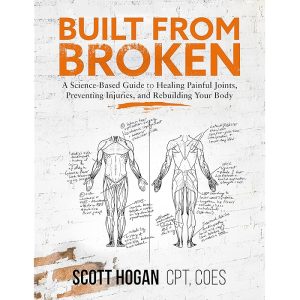
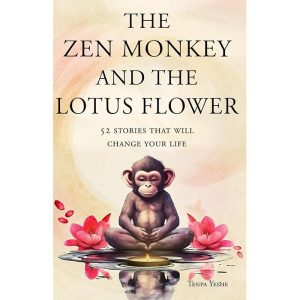
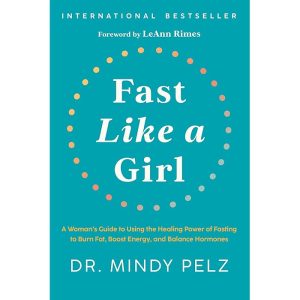
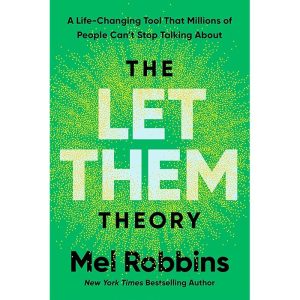

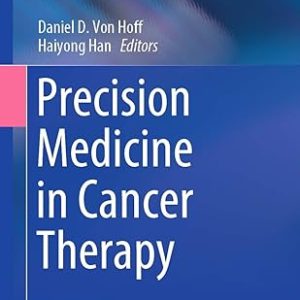
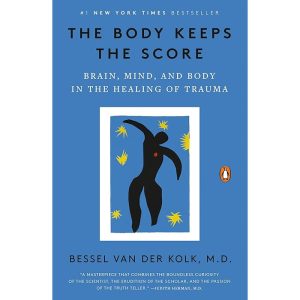
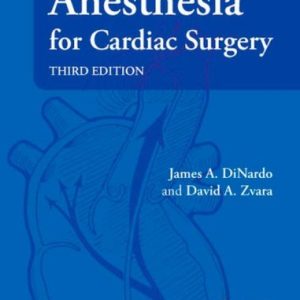

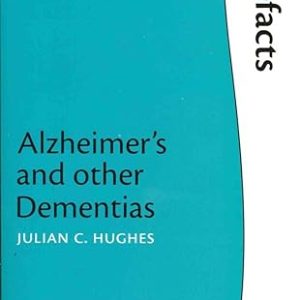
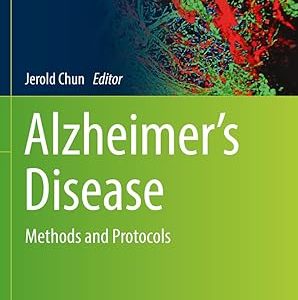
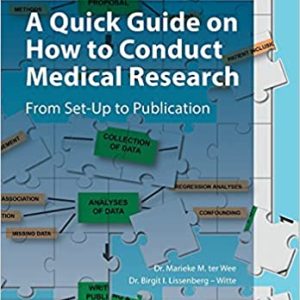
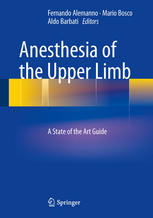
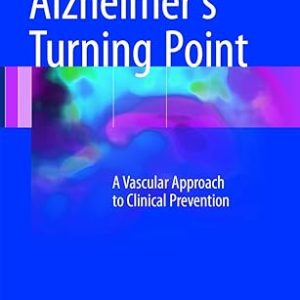
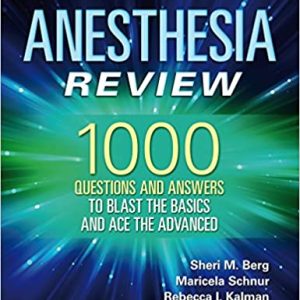

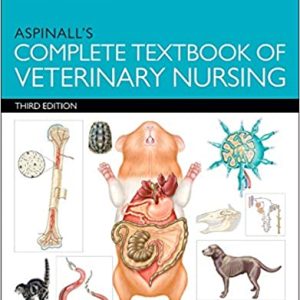



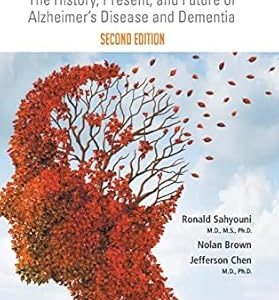
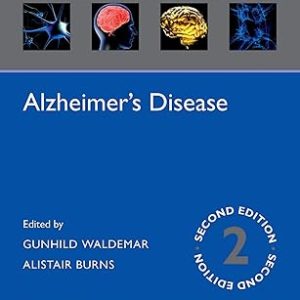
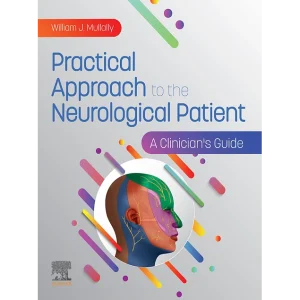
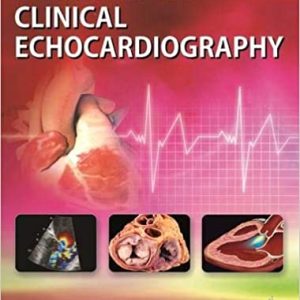
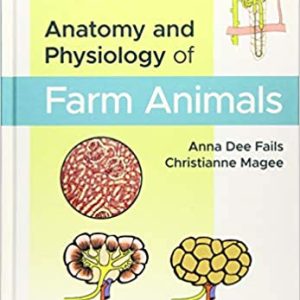
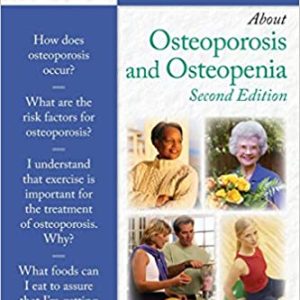
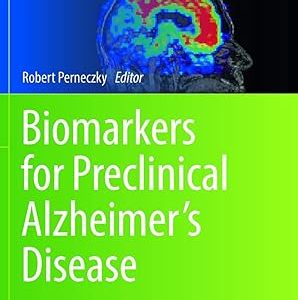

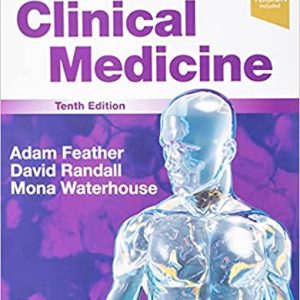
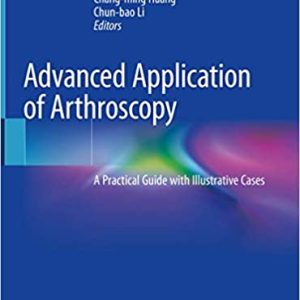

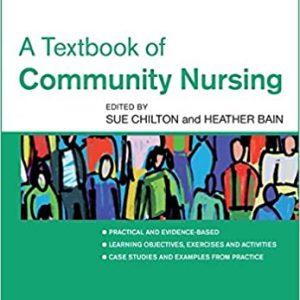


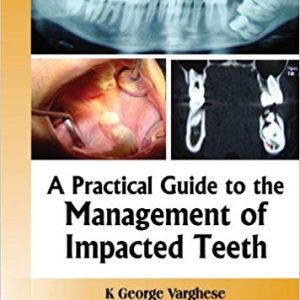
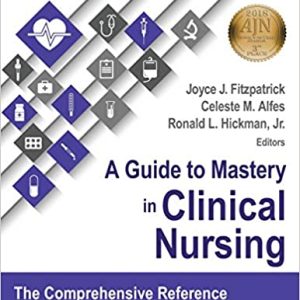
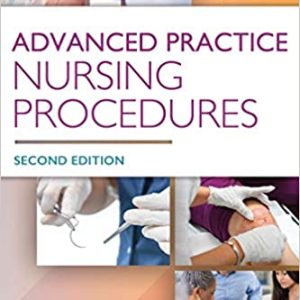
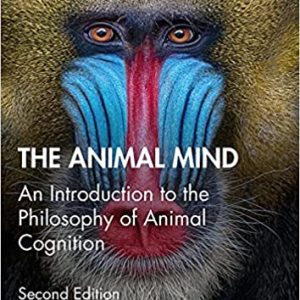

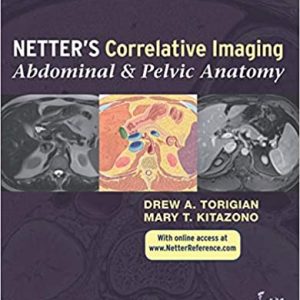
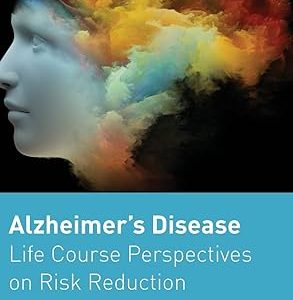
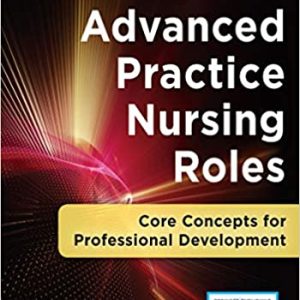
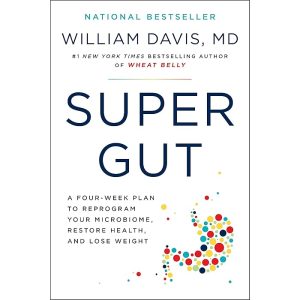
Reviews
There are no reviews yet.